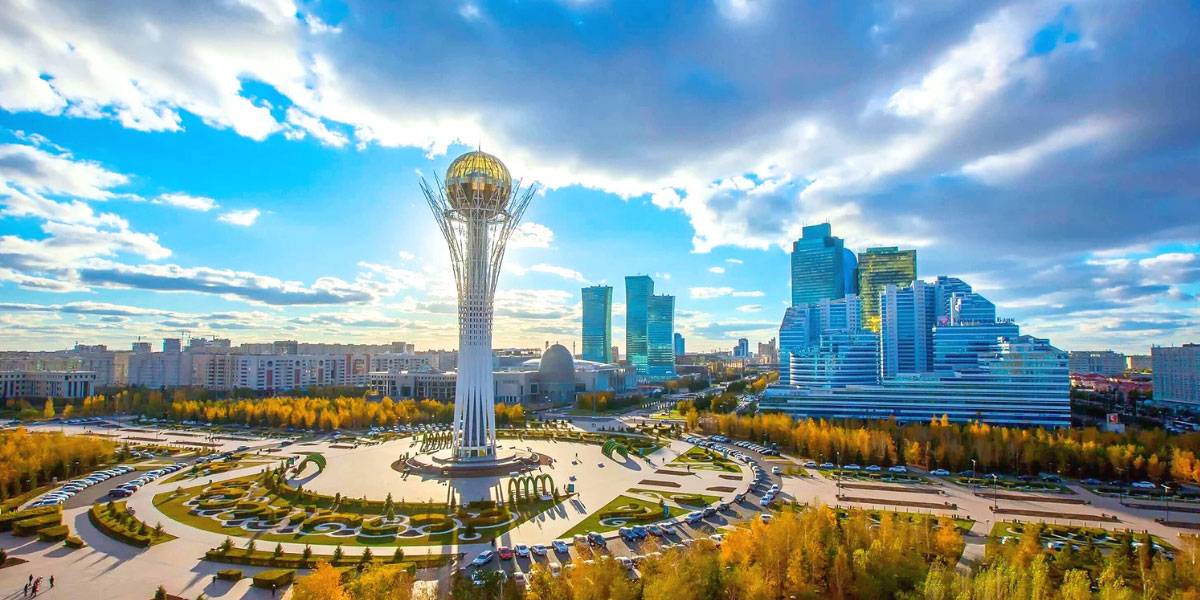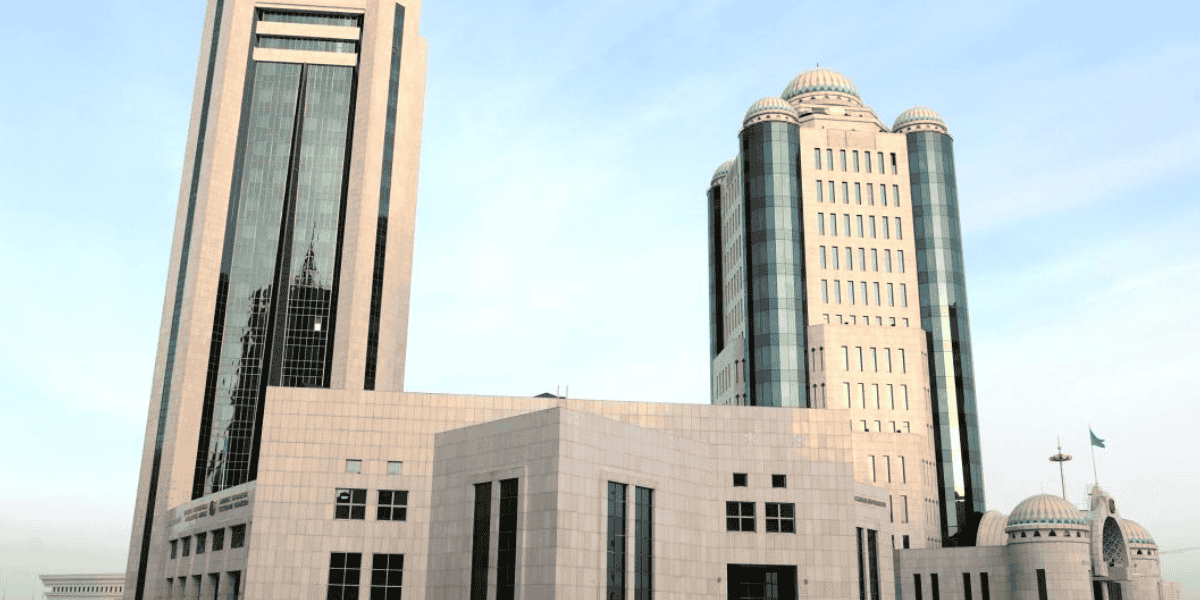On 14 December 2022 the IMF issued a report following the conclusion of discussions with Kazakhstan under Article IV of the IMF’s articles of agreement.
Kazakhstan’s real GDP growth is expected to decrease to 2.7% in 2022, down from 4.3% in 2021, as a result of temporary disruptions to oil production. The Ukraine war has had a relatively small impact on the economy so far. The economic outlook is however uncertain with possible further downside risks from the war in Ukraine, particularly in relation to oil exports through Russia. High commodity prices could help to strengthen the economy and Kazakhstan could benefit from the relocation of foreign firms.
In 2022 a number of governance and economic reforms were announced to address some obstacles to Kazakhstan’s development. These related to an increase in political representation, addressing weaknesses in governance, reducing the role of the state and supporting the establishment and growth of small and medium enterprises. Also, reforms of the tax code have commenced.
Higher growth in 2023 will be driven by expanded oil production. Non-oil growth is expected to be around 3.5% in the medium term, provided that the required reforms continue to be implemented. Further spillovers from the Ukraine war are the main risk to the economy in the near term, as they could increase inflation pressures or affect oil exports.
As well as continuing to strengthen tax and customs administration, Kazakhstan will need to increase non-oil revenues by reducing corporate exemptions, strengthening capital income taxation, raising value added tax (VAT) rates and introducing progressive income taxation. Digitalization can be used to make government spending more efficient, for example by enhancing the targeting of public support to vulnerable groups.
The IMF considers that Kazakhstan should take early policy action to meet its climate commitments. As Kazakhstan has a significant dependence on hydrocarbons this will require important policy adjustments. The climate strategy should be finalised quickly to ensure a clear path towards compliance with the Paris Agreement targets in 2030 and the net zero emissions objective in 2060. Intermediate targets should be set with specific actions to achieve them. Climate policy will involve gradually reducing energy subsidies and introducing carbon taxation to provide incentives and raise revenue to finance the transition.
The IMF report considers that encouraging private sector development is important in ensuring economic diversification as a step towards a low-carbon economy. Kazakhstan should increase efforts to improve governance and combat corruption. Legal and institutional reforms should be prioritised to strengthen fiscal transparency and independence of the judiciary. An enhanced framework for anti-money laundering and combating the financing of terrorism (AML/CFT) can reduce corruption through effective monitoring and increased transparency of beneficial ownership.














